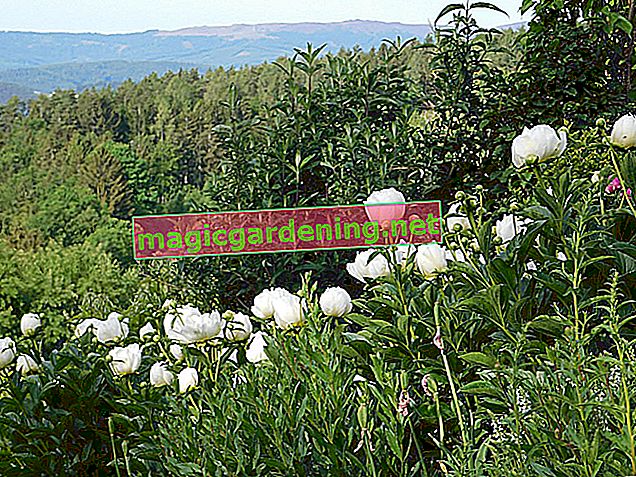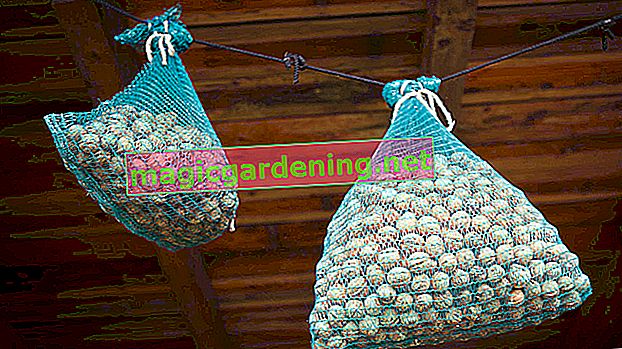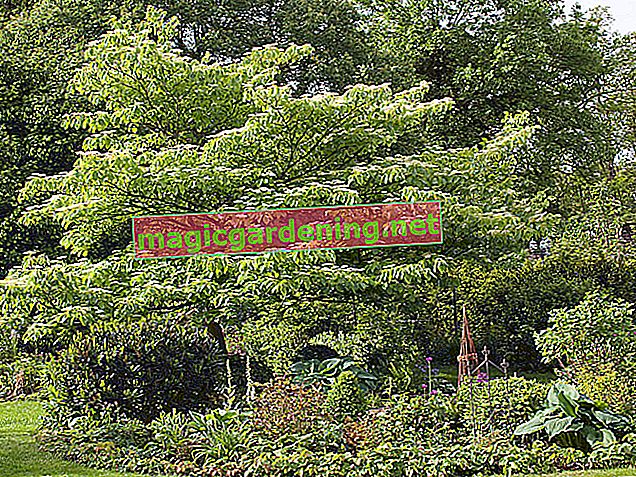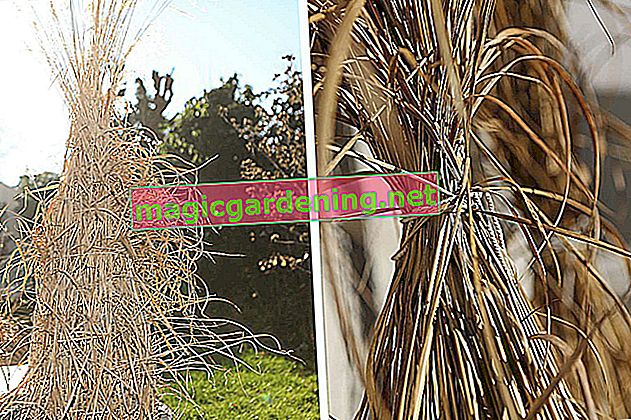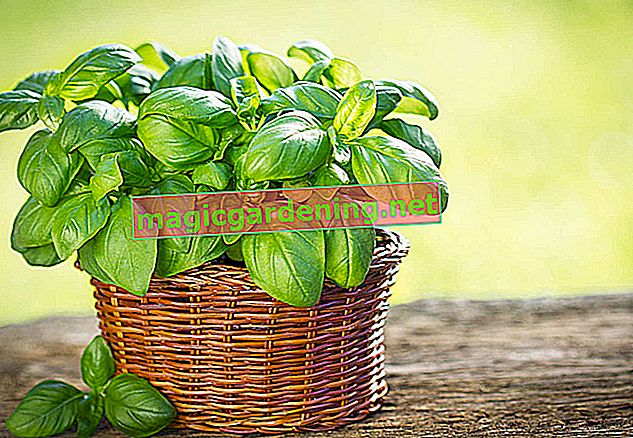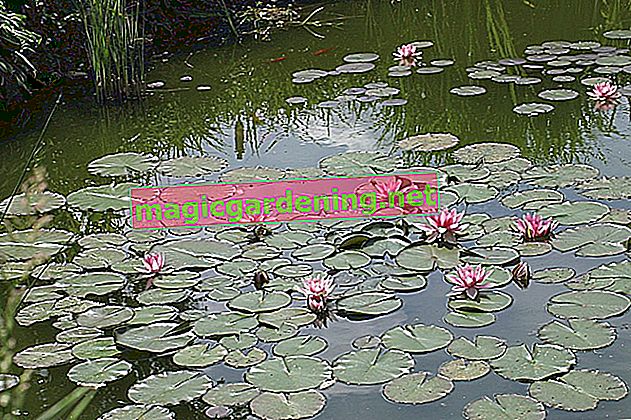
This can:
- Snails
- Mussels and crustaceans
- or be fish.
also read
- Brief tips for clear water in the garden pond
- Cleaning the garden pond: spring cleaning in the pond, what's up?
- Cloudy water in the garden pond? Our tips!
Snails, the algae police
Unlike in the garden, where snails are more likely to be pests, these molluscs prove to be extremely useful in the garden pond. With their mouthparts, they not only graze off algae from the ground, but also filter floating algae out of the water, like the marsh snail, for example. The mollusks even eat carrion and thereby very effectively prevent the small body of water from tipping over.
If the pond is deep enough, the gill-breathing pond snail can easily survive the winter months in the frost-free zone at the bottom of the small body of water. It is viviparous and extremely willing to reproduce, so that there is always a baby in the cleaning crew.
The common mud snail, which can grow up to seven centimeters, is also very helpful in the fight against algae in the pond. This snail comes to the surface of the water to breathe and therefore survives even in garden ponds, where the oxygen content drops sharply in the summer months due to natural warming. The nicely colored ramshorn snail and the small mud snail are also very effective algae eaters which help to maintain the biological balance.
Mussels and crabs
While snails mainly graze on algae on the bottom and on leaves, mussels and crabs have specialized in floating algae. The pond clams filter around 1,000 liters of water through their gills every day and feed on the blue algae and diatom they contain. Up to eight inches tall, it is also very attractive to look at.
The young of the European freshwater shrimp are also very hungry for floating algae and thus ensure clear pond water. The reproductive aquatic animals can also easily overwinter in the pond, provided that it is sufficiently deep.
Are there also fish that eat algae?
Fish bring in many nutrients through their excretions and thus promote algae growth. However, there are some species that also mainly feed on algae. Used in not too high numbers, they help to keep the biological balance.
The rudd is well suited for smaller bodies of water, as this pretty fish only grows to about twenty to thirty centimeters when fully grown. The often recommended silver carp, on the other hand, reach a size of over a meter and are therefore only suitable for large garden ponds.
Tips
Algae in the pond are promoted by two factors: a high proportion of nutrients and continuous solar radiation, which heats the water. You should therefore provide shade at least temporarily, do not use too many animals and do not overfeed them. Vigorous aquatic plants in sufficient numbers remove important nutrients from the algae and thus ensure that the green plague does not get out of hand.


